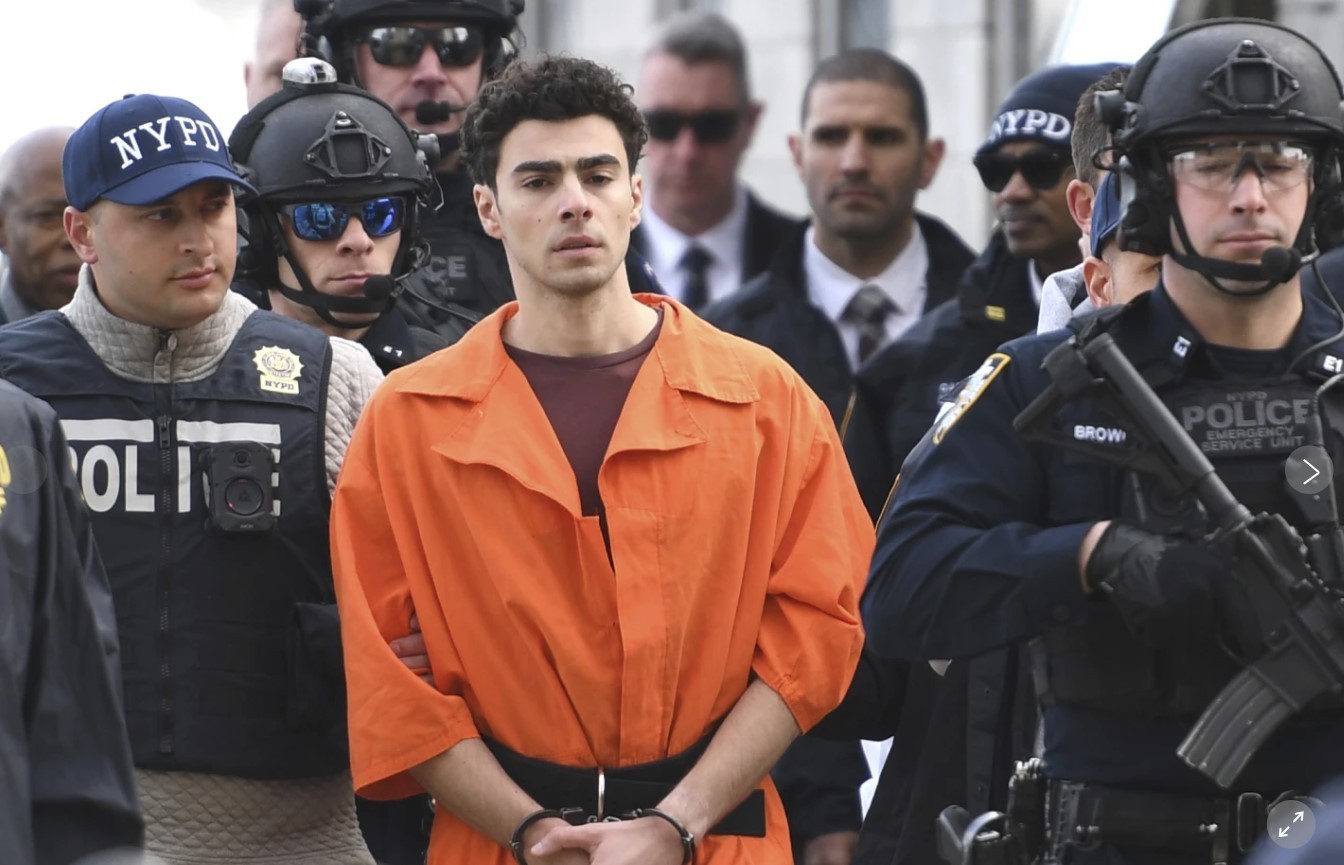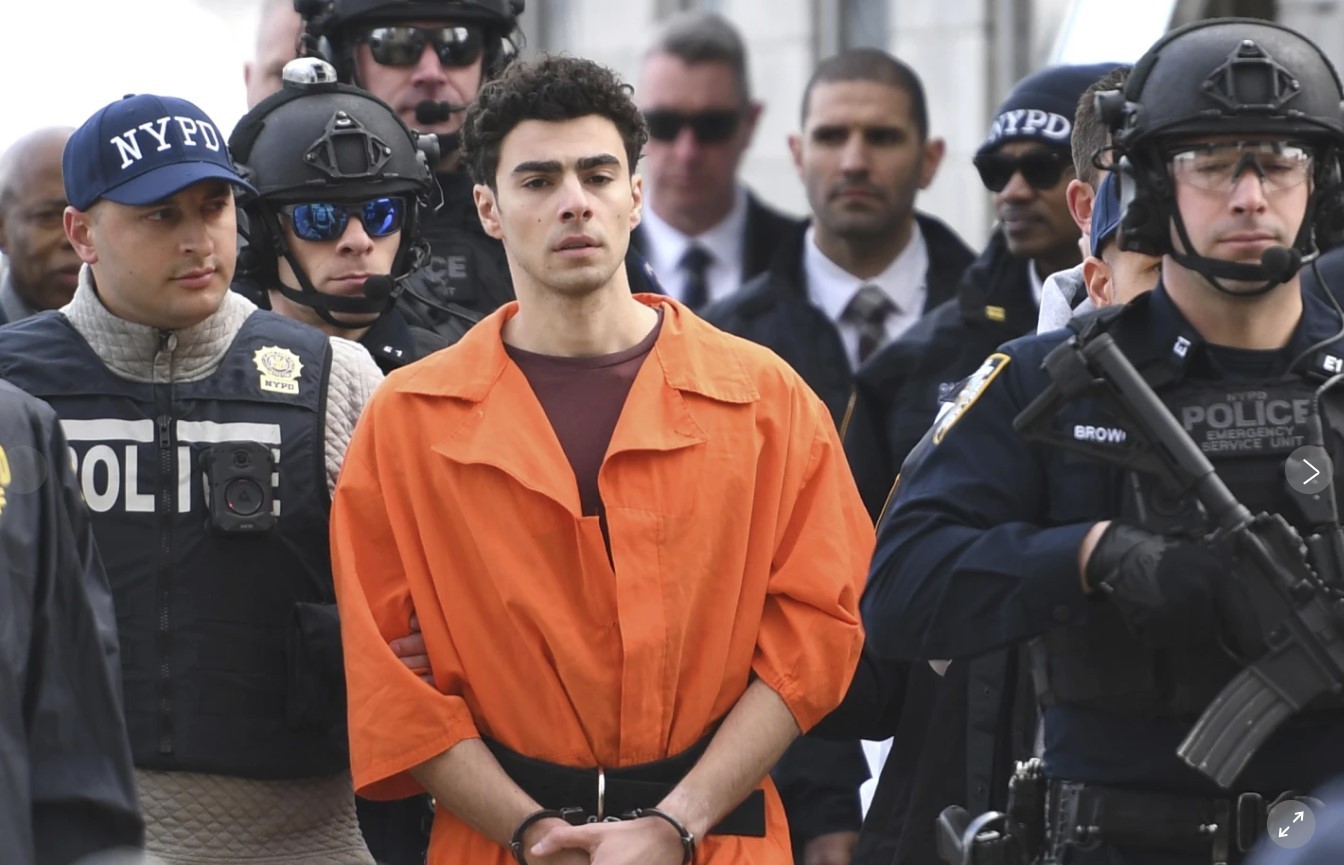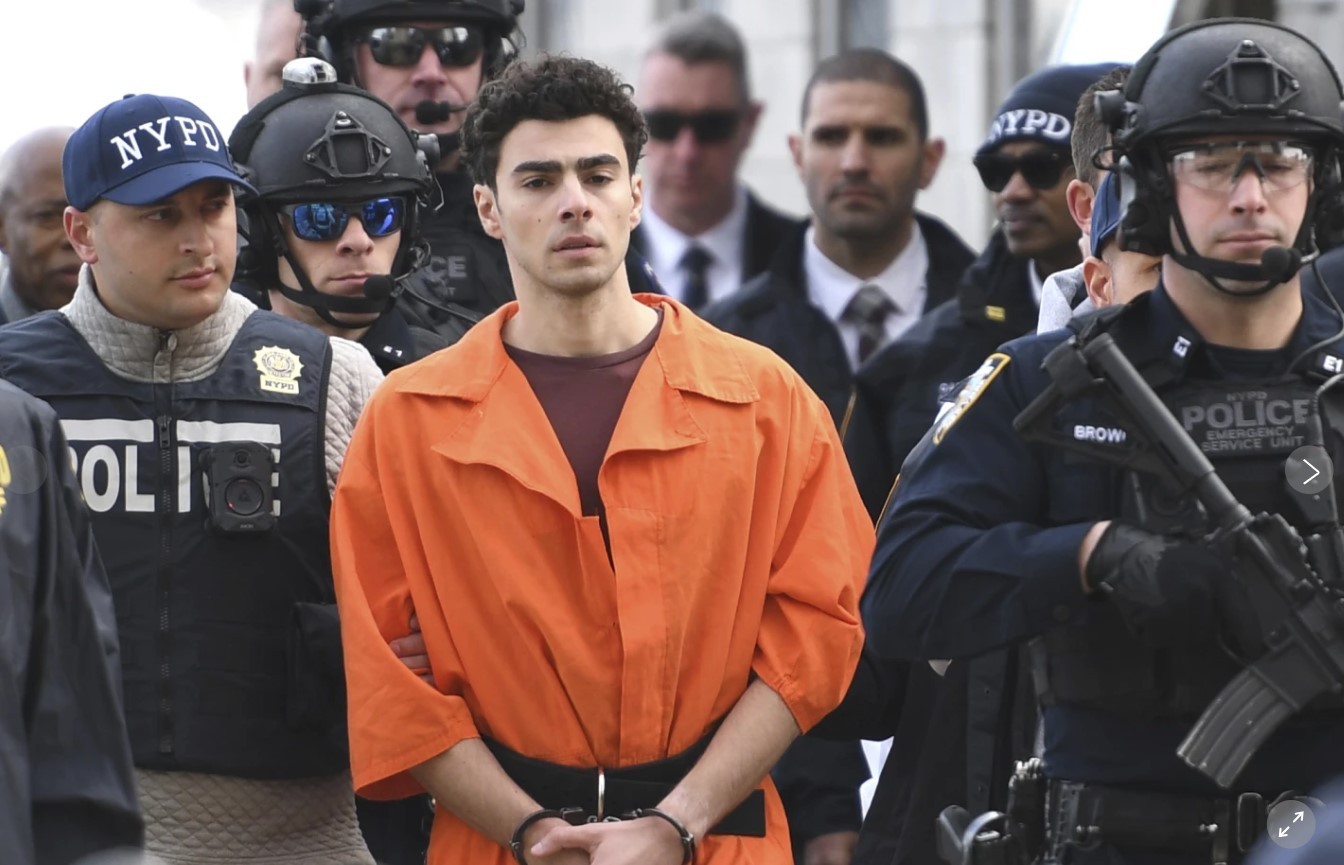What Motivated Luigi Mangione to Kill? Was Kaczynski's 'Unabomber Manifesto' an Influence?
 Mangione's Manifesto: Full Text Revealed ...A 262-Word Letter Addressed to "the Feds" Mangione's Manifesto: Full Text Revealed ...A 262-Word Letter Addressed to "the Feds" Luigi Mangione’s Manifesto Reveals: Deep Frustration with Healthcare Industry, Targeting UnitedHealthcare |
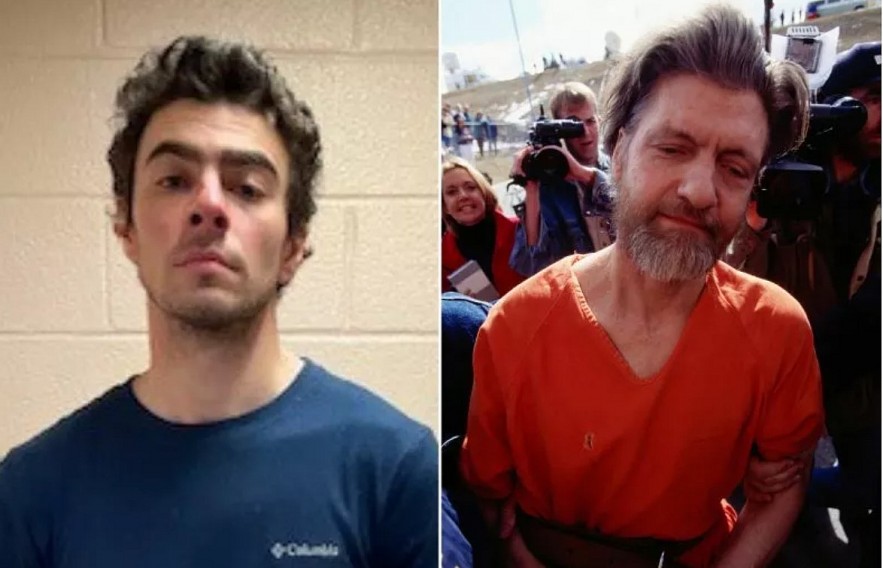 |
| The potential influence of Ted Kaczynski's Unabomber Manifesto on Mangione's alleged murder of UnitedHealthcare CEO Brian Thompson. |
A 26-year-old Maryland native, Luigi Mangione’s background as a former Ivy League student with a privileged upbringing starkly contrasts with the violence he is accused of perpetrating. Among the most pressing inquiries is whether Mangione’s ideological leanings, particularly his alleged admiration for Ted Kaczynski’s Unabomber Manifesto, played a role in the crime.
Learn more: What's Inside Luigi Mangione's Manifesto?
The Crime: A Calculated Act of Violence
On December 4, 2024, Brian Thompson was fatally shot outside the Hilton Hotel on Sixth Avenue as he prepared to attend an investors’ meeting. The attack was precise and deliberate, with the assailant using a 9mm ghost gun equipped with a silencer to minimize noise. Shell casings left at the scene bore cryptic messages such as “deny,” “defend,” and “depose,” phrases often associated with criticisms of the insurance industry.
Investigators quickly zeroed in on Luigi Mangione, who was arrested days later in a McDonald’s in Altoona, Pennsylvania. He was found with the weapon believed to have been used in the killing, as well as multiple fake IDs and a manifesto criticizing corporate America, particularly the healthcare sector.
A Manifesto Echoing Kaczynski’s Ideas?
Mangione’s manifesto, discovered during his arrest, has become a focal point in understanding his motives. The document reportedly rails against corporate greed, describing healthcare executives as “parasites” profiting from the suffering of others. While the full contents of the manifesto have not been disclosed, parallels have been drawn between Mangione’s rhetoric and the themes explored in Ted Kaczynski’s Industrial Society and Its Future, commonly known as the Unabomber Manifesto.
Kaczynski’s manifesto criticized the modern industrial system, claiming it dehumanized individuals and perpetuated systemic inequality. While Kaczynski’s focus was broader, encompassing industrialization and technology, his disdain for institutions aligns with Mangione’s alleged grievances against the healthcare industry.
| Luigi Mangione previously expressed admiration for Industrial Society and Its Future, the infamous manifesto authored by Theodore Kaczynski, widely known as the Unabomber. Kaczynski, responsible for a series of bombings in the U.S. during the 1970s, 80s, and 90s, killed three people and injured more than 20 others. On the book review platform Goodreads, Mangione wrote: "It's easy to quickly and thoughtlessly write this off as the manifesto of a lunatic, in order to avoid facing some of the uncomfortable problems it identifies. But it's simply impossible to ignore how prescient many of his predictions about modern society turned out." This review has fueled speculation about whether Kaczynski’s writings influenced Mangione’s alleged actions, given the parallels between his critique of modern systems and Mangione’s ideological grievances. |
Mangione’s Ideological Journey
Mangione’s digital footprint provides insights into his ideological leanings. On Goodreads, he reviewed several radical works, including Kaczynski’s Unabomber Manifesto. Social media posts attributed to him reveal frustration with capitalism and corporate systems, particularly the healthcare industry, which he accused of prioritizing profits over patient care.
Mangione’s criticisms were not unique, but his alleged actions mark a chilling escalation. While many share frustrations with corporate practices, few resort to violence. Investigators are now probing whether Mangione’s exposure to radical ideas, including Kaczynski’s writings, might have influenced his decision to act.
The Healthcare Connection
Thompson’s role as CEO of UnitedHealthcare placed him at the center of a system often criticized for prioritizing profits over accessibility. Under his leadership, the company faced scrutiny for its handling of claims and coverage. While no direct link between Thompson and Mangione’s grievances has been confirmed, the cryptic messages on the shell casings suggest a connection to broader criticisms of the insurance industry.
Mangione’s manifesto reportedly accuses the healthcare sector of systemic exploitation. By targeting Thompson, Mangione may have intended to make a symbolic statement against what he perceived as the failings of corporate healthcare. This interpretation aligns with his ideological stance but raises questions about whether his radicalization was influenced by external works like the Unabomber Manifesto.
The Role of Radical Literature
The Unabomber Manifesto has long been a subject of controversy for its ability to resonate with disaffected individuals. While most readers dismiss Kaczynski’s ideas as extremist, some find validation for their grievances in his critique of modern systems. For Mangione, who allegedly admired Kaczynski’s writings, the manifesto may have served as a framework for his worldview.
However, attributing Mangione’s actions solely to Kaczynski’s influence would oversimplify the complexity of his motivations. Mangione’s manifesto reflects a blend of personal frustrations, ideological influences, and potential mental health struggles. His privileged background adds another layer of complexity, as he seemingly rejected the systems that afforded him significant advantages.
Privileged Yet Discontented
Mangione’s life stands in stark contrast to the narrative of systemic oppression often associated with radicalization. As a graduate of the prestigious Gilman School in Maryland and the University of Pennsylvania, Mangione had access to opportunities many can only dream of. Yet, his writings and actions suggest a profound dissatisfaction with the very systems that enabled his success.
This paradox has sparked debates about privilege and ideology. Critics argue that Mangione represents a growing trend of disaffected individuals from privileged backgrounds adopting radical stances. Others see his actions as a cautionary tale about the dangers of ideological extremism, regardless of one’s socioeconomic status.
Comparisons to Kaczynski
While Mangione’s actions bear some resemblance to Ted Kaczynski’s violent campaign against industrial society, there are key differences. Kaczynski’s acts of terror targeted symbols of industrialization and technology, whereas Mangione appears to have focused on the healthcare sector. Additionally, Kaczynski’s manifesto was a meticulously crafted critique of modern society, while Mangione’s writings seem more narrowly focused on corporate greed.
However, both cases highlight the role of radical literature in shaping discontent. Just as Kaczynski’s manifesto influenced readers with grievances against industrialization, Mangione’s alleged admiration for the Unabomber Manifesto may have reinforced his existing frustrations with corporate systems.
The Danger of Radicalization
Mangione’s case underscores the dangers of radicalization, particularly when discontent is amplified by exposure to extremist ideas. While most readers of the Unabomber Manifesto do not resort to violence, individuals already predisposed to frustration or isolation may find validation in its pages.
Law enforcement officials have highlighted the role of digital platforms in spreading radical ideas. Mangione’s online activity, which included forums discussing anti-capitalist and environmental issues, illustrates how these spaces can foster echo chambers that reinforce extremist views.
A Tragic Outcome
The murder of Brian Thompson has left a lasting impact on his family, colleagues, and the broader public. For many, the case serves as a stark reminder of the consequences of unchecked radicalization and the complexities of ideological violence. While Mangione’s motives may never be fully understood, his actions reflect a dangerous convergence of personal grievances and extremist influences.
Conclusion: A Complex Motive
Luigi Mangione’s alleged killing of Brian Thompson is a case of ideological extremism intertwined with personal frustration. While the Unabomber Manifesto may have influenced Mangione’s worldview, it is one piece of a larger puzzle that includes his background, ideological journey, and potential mental health struggles.
As the legal process unfolds, the focus will remain on understanding what drove Mangione to commit such a heinous act. Whether his actions were the result of ideological radicalization, personal grievances, or a combination of both, the case serves as a sobering reminder of the dangers posed by extremist ideas and unchecked discontent.
FAQs
1. Who is Luigi Mangione?
Luigi Mangione is a 26-year-old Maryland native and former Ivy League graduate. He was arrested and charged with the murder of UnitedHealthcare CEO Brian Thompson. Mangione comes from a wealthy and influential family in Maryland and is known for his academic excellence as a valedictorian at the prestigious Gilman School.
2. What happened to Brian Thompson?
Brian Thompson, the CEO of UnitedHealthcare, was shot and killed on December 4, 2024, outside the Hilton Hotel in Midtown Manhattan. The attack occurred in broad daylight as Thompson was preparing to attend an investor meeting. Authorities describe the murder as a targeted act.
3. What was found at the crime scene?
Investigators discovered shell casings with cryptic messages such as “deny,” “defend,” and “depose,” potentially linking the crime to criticism of the healthcare industry. Surveillance footage captured a suspect fleeing the scene with a bicycle.
4. Was Mangione influenced by Ted Kaczynski's Unabomber Manifesto?
Mangione’s manifesto reportedly echoes themes from Ted Kaczynski’s Unabomber Manifesto, including critiques of corporate greed and systemic exploitation. Mangione’s digital activity shows admiration for Kaczynski’s writings, but his actions likely stem from a mix of personal grievances and ideological radicalization.
5. What were Mangione’s motives?
Mangione’s manifesto targets corporate America, specifically the healthcare sector, accusing it of profiting from human suffering. While his exact motives remain under investigation, his writings suggest a deep resentment toward the system and a desire to make a statement against perceived injustices.
6. How does Mangione’s background contrast with his alleged actions?
Mangione grew up in a privileged environment, attending elite schools and graduating from the University of Pennsylvania with degrees in computer science. Despite his privileged background, his writings and alleged actions reveal a strong disdain for capitalism and corporate systems.
7. What charges is Mangione facing?
Mangione is charged with second-degree murder in New York, along with multiple counts of firearm possession and possession of forged documents. In Pennsylvania, he faces charges related to carrying a ghost gun, forgery, and using a fake ID.
8. Why is Mangione contesting extradition?
Mangione has chosen to fight extradition to New York, where he faces murder charges. His defense attorney argued against the extradition, delaying the process by up to 45 days. New York Governor Kathy Hochul must now issue a formal request to Pennsylvania Governor Josh Shapiro to proceed.
9. What role did Mangione’s manifesto play?
Mangione’s manifesto, found during his arrest, criticizes corporate greed and accuses healthcare executives of being "parasites." It provides insight into his ideological motivations and parallels themes found in the Unabomber Manifesto.
10. What is the significance of this case?
The case highlights the dangers of radicalization, the impact of extremist ideas, and the complexities of personal grievances driving violent actions. It has also sparked debates about corporate accountability, the role of privilege in shaping ideology, and the need for addressing systemic frustrations constructively.
 Dave Franco and Luigi Mangione: Why social media is buzzing about this resemblance Dave Franco and Luigi Mangione: Why social media is buzzing about this resemblance Dave Franco, a renowned actor known for roles in 21 Jump Street and Now You See Me, is trending on social media after comparisons to ... |
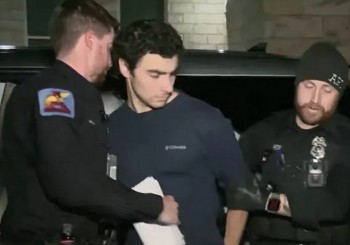 Cop Recounts the Moment He Apprehended Luigi Mangione: Nervous Reaction Cop Recounts the Moment He Apprehended Luigi Mangione: Nervous Reaction Altoona Police Officer Tyler Frye, along with his partner, responded to the McDonald’s in Altoona, Pennsylvania, where Mangione was ultimately apprehended. |
 Luigi Mangione Officially Charged with Murder in Thompson's Death Luigi Mangione Officially Charged with Murder in Thompson's Death Luigi Mangione has officially been charged with the murder of UnitedHealthcare CEO Brian Thompson. |
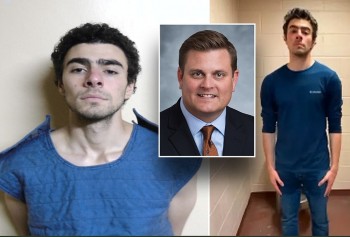 10 Horrifying Theories Related to Luigi Mangione's Murder 10 Horrifying Theories Related to Luigi Mangione's Murder The murder of UnitedHealthcare CEO Brian Thompson by Luigi Mangione in Midtown Manhattan remains one of the most unsettling cases of 2024. |
 Luigi Mangione Fights Extradition to NY, What’s Next for Murder Luigi Mangione Fights Extradition to NY, What’s Next for Murder Luigi Mangione, 26, has been charged with second-degree murder in the killing of UnitedHealthcare CEO Brian Thompson on December 4. Mangione, currently held without bail ... |

